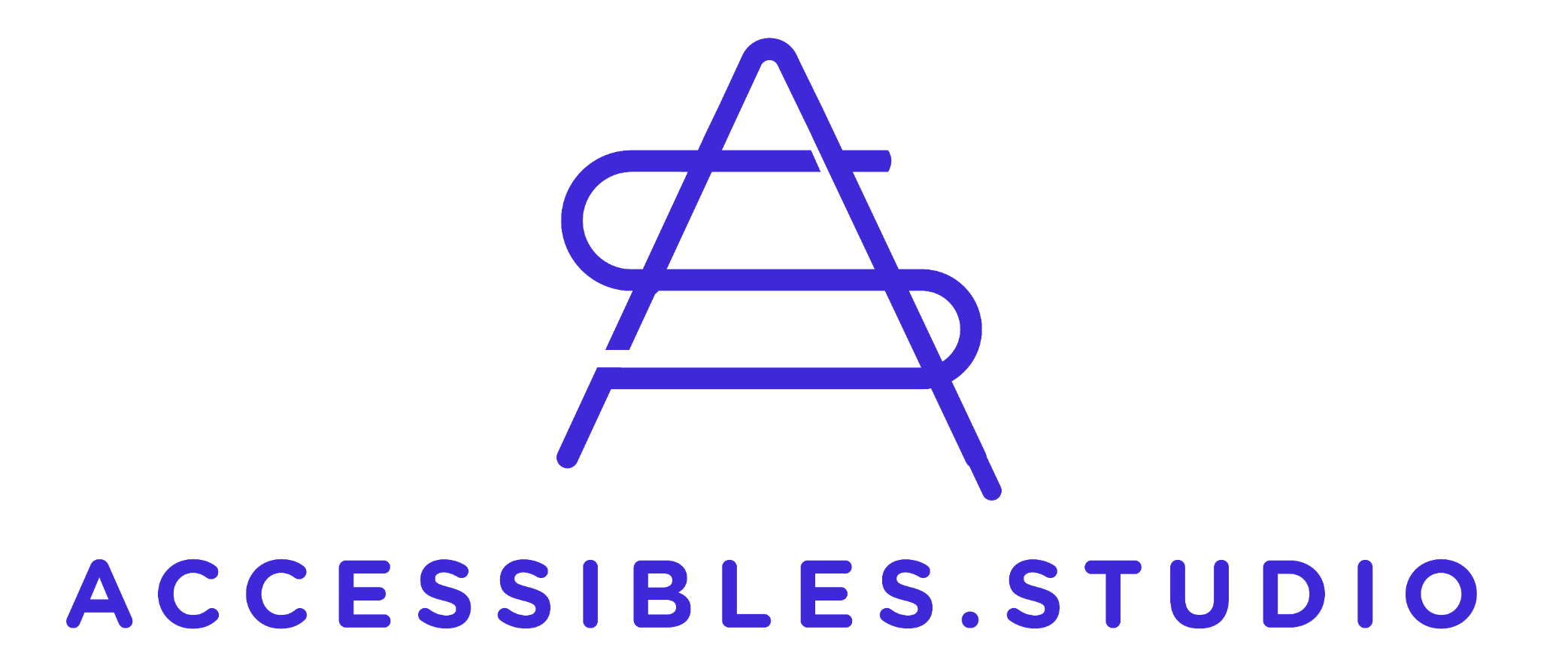In the dynamic landscape of online presence:Website Design Strategy
Websites are more than just digital storefronts; they are powerful tools that can either propel or hinder a business. One often overlooked but crucial aspect of website design is accessibility. In this article, we delve into why accessibility should be a fundamental component of your website design strategy, exploring the tangible business advantages that stem from creating websites that are inclusive and accessible to all.
The Impact on User Engagement and Loyalty:
User engagement is the heartbeat of online success. When your website is accessible, it becomes a welcoming space for all users, regardless of their abilities. Imagine a potential customer effortlessly navigating your website, finding information, and engaging with your content. Accessibility ensures that individuals with disabilities can participate fully in the online experience, fostering a sense of inclusivity and loyalty among your audience.
An accessible website translates to a positive user experience, and positive experiences lead to satisfied customers. Satisfied customers, in turn, are more likely to return, make purchases, and recommend your services to others. It’s a ripple effect that begins with an inclusive design strategy and pays dividends in the form of enhanced customer engagement and brand loyalty.
SEO Benefits:
Search Engine Optimization (SEO) is the backbone of online visibility. Search engines reward websites that provide a seamless and informative experience for users. Interestingly, accessibility aligns closely with SEO best practices. Search engines, like Google, prioritize websites that are well-structured, easy to navigate, and provide valuable content.
By integrating accessibility into your web design strategy, you not only meet the needs of users with disabilities but also improve your website’s SEO performance. Alt text for images, clear heading structures, and other accessibility features contribute to a website’s overall search engine ranking. In essence, an accessible website is not just a tool for reaching more users; it’s also a catalyst for climbing the ranks in search engine results, amplifying your online visibility.
Legal Compliance and Reputation Management:
Beyond the moral imperative, there are legal obligations that businesses must consider. Governments and regulatory bodies worldwide are increasingly recognizing the importance of web accessibility. Non-compliance can lead to legal consequences, potentially tarnishing a company’s reputation.
Ensuring that your website aligns with accessibility standards is a proactive step toward legal compliance.
It safeguards your business from potential legal challenges and reinforces a positive brand image. A commitment to accessibility demonstrates corporate responsibility, resonating with consumers who prioritize businesses that uphold ethical standards.
In a digital era where information spreads rapidly, reputation management is paramount. An accessible website not only helps avoid legal pitfalls but also contributes to building a trustworthy and inclusive brand image. Businesses that prioritize accessibility send a powerful message about their commitment to equality and customer satisfaction.
Conclusion:
In conclusion, web accessibility is not merely a checkbox on a compliance list; it’s a strategic decision that can significantly impact the success of your business. From fostering user engagement and loyalty to boosting SEO rankings and ensuring legal compliance, the business advantages of prioritizing accessibility are clear.
As you embark on or reassess your website design strategy, consider the long-term benefits that an accessible website can bring. It’s not just about reaching a wider audience; it’s about creating a digital space where everyone feels welcome and valued. By making accessibility a core element of your design philosophy, you not only future-proof your online presence but also contribute to a more inclusive and equitable digital landscape. In the end, the business advantage of accessibility extends far beyond the screen—it resonates with every user, fostering a connection that goes beyond the transaction.
“Prioritizing web accessibility is not just a compliance task; it's a strategic move with clear business benefits. From boosting user loyalty to improving SEO and mitigating legal risks, an accessible website fosters inclusivity and success. It's about creating a welcoming digital space that resonates with users beyond transactions, contributing to a more equitable and thriving online presence."




